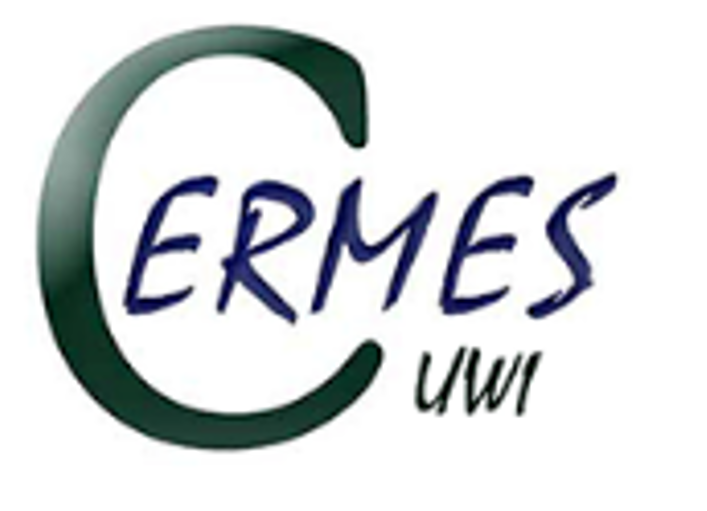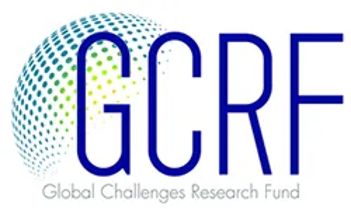SARTRAC work presented at the 8th European Phycological Congress, Brest

The SARTRAC research continues to have impact around the world, with Dr Thierry Tonon (University of York) and Dr Sien van der Plank (University of Southampton) both travelling to the 8th European Phycological Congress in Brest, France, in August 2023. The European Phycological Congress began in Cologne in 1996, and runs every four years in a new European location: next up is Poland 2027.

Thierry and Sien catching up at the conference dinner.
Dr Thierry Tonon was able to attend the entire conference, and presented his work on “Pelagic Sargassum events in Jamaica: provenance, morphotype abundance, and biomass composition” on Monday 21st August. He summarised some of the results obtained by the SARTRAC team and published recently (freely available here). The congress was an excellent opportunity to connect with other researchers interested in pelagic sargassum and based in France, Germany, and Senegal.

Sien cycled to the conference from Southampton, accidentally joining the much more impressive Paris-Brest-Paris route for part of the way.
Dr Sien van der Plank accidentally joined Paris-Brest-Paris on the way to the conference – another four-yearly occurrence next happening on 2027! Sien attended the “Exchange around drifting Sargassum species: fundamental and applied research” workshop hosted by Valérie Stiger-Pouvreau on Wednesday 23rd August, which proved a great opportunity for a diversity of researchers studying sargassum or other transferable topics to update each other and discuss these seaweeds. Whilst the SargSNAP! / CoastSnap work was quite distinct from the other ongoing research, the concept of citizen science environmental monitoring for sargassums studies was very well received.

Sien presenting the preliminary results from citizen science sargassum monitoring in the Western Region of Ghana.
On Friday 25th August, Sien presented “Developing citizen science monitoring capacity for adaptation to brown seaweed influxes” on behalf of the huge community who made this possible: Dr Vicky Almela Dominguez, Prof Emma Tompkins, and see below for the full list.* Sien shared the initial results of analysis of the installation of the coastal monitoring points in Esiama, Beyin and Sanzule in Ghana’s Western Region, and of the adult and child focus group data to understand people’s perceptions and planned use of the points. There were useful audience questions regarding translation and language accessibility, both in Ghana and when expanding to non-English speaking locations, and how to support long-term citizen science relationships with communities.
In summary, the 8th European Phycological Congress provided a great opportunity for SARTRAC research to be disseminated, and for collecting new contacts and ideas for where to progress this research to next!
*Acknowledgements to the SargSNAP! community:
Students of Esiama School, Sanzule School, Beyin School, and their teachers Prosper Amihere, Veronica Afi Essien, and Joyce Ackah.
Community representatives and chiefs of Esiama, Sanzule and Beyin.
All those who have contributed and continue to support the coastal monitoring photo points.
Dr Mitchell Harvey and the CoastSnap platform.
All those present at 2023 Teleconnected SARgassum risks across the Atlantic: building capacity for Transformational Adaptation in the Caribbean and West Africa (SARTRAC) consortium meeting.
Edward Colborne, Cormac Colborne, and Jasper Oliver (St Peter’s School, Bournemouth) for their feedback on the prototype learning materials.
Donatus Yaw Atiglo, Michael Kwame Biney, Romario Anderson, Bernice W. Oppong, Dr Janice Cumberbatch, Peace Gbeckor-Kove, Mawuli Gbeckor, Dr Bethia Thomas, Catrina Hinds, Kaodi McGaw, Dr Winnie Sowah, Philip-Neri Jayson-Quashigah, Prof Kwasi Appeaning Addo, Prof Jadu Dash, and Dr Thierry Tonon.








